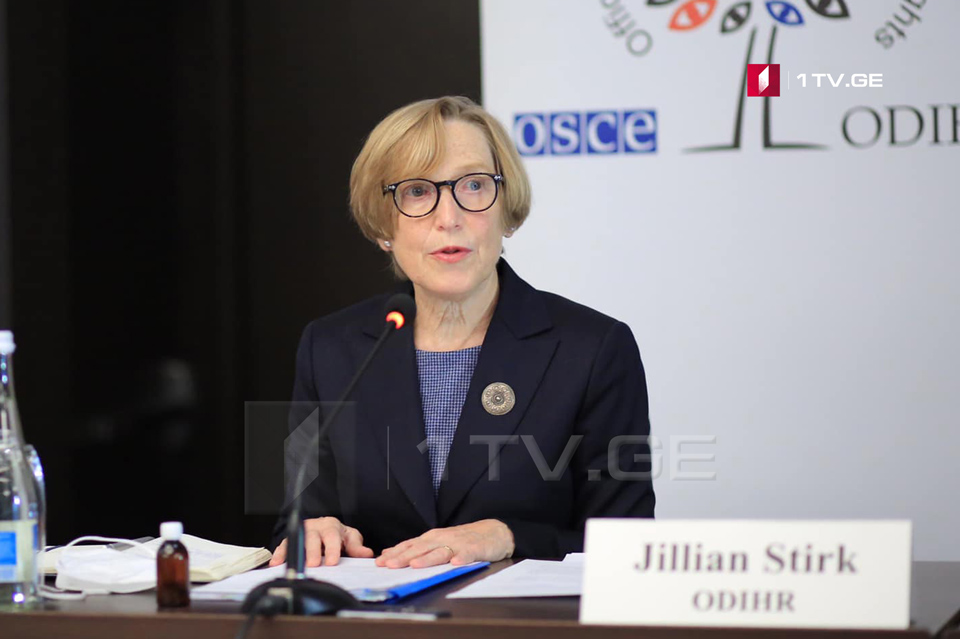Jillian Stirk: All five private broadcasters served political and business interests and were visibly partisan
The ODIHR monitored broadcast media and revealed the diverse and pluralistic media environment, but it was polarized along political lines and by business interests, and all of the five private broadcasters were visibly partisan, – Jillian Stirk, the head of the Limited Election Observation Mission of the OSCE Office for Democratic Institutions and Human Rights (OSCE / ODIHR) stated.
As for the coverage of the election campaign, according to her, there was the absence of the policy discussions and analytical reporting, so the public had limited opportunity to make an informed choice
“Our mission has been in the country for over a month, which allowed us to observe the pre-election period, the legislative framework and registration of candidates, as well as the campaign itself and preparations for the elections. We systematically monitored seven major broadcasters, five private and two public. Based on the results of observation, the technical aspects of the elections were managed efficiently. The CEC complied with the legal deadlines, although many important issues were not discussed at the open, regular meetings of the CEC. The dominate representation of the ruling party in the election administrations negatively impacted public perception of the independence of the elections commissions”, – Jillian Stirk said.
Freedom of expression in parliamentary elections was generally respected, she said.
“We had meetings with political parties, civil society representatives, the media, and we heard many allegations that voters were allegedly pressured. Besides, we observed the elections in several polling stations and, noticed that the presence of party coordinators and activists outside polling stations had an intimidating character. There were also accusations about the lack of a sharp separation line between the state and the party. The existence of this element is really unfortunate. Nevertheless, it should be noted that fundamental freedoms, freedom of expression, were generally respected.
In terms of media, ODIHR monitored broadcast media and revealed the diverse and pluralistic media environment, but it was polarized along political lines and by business interests, and all of the five private broadcasters were visibly partisan. In the coverage of the campaign, there was the absence of the policy discussions and analytical reporting, so the public had limited opportunity to make an informed choice”, – head of the ODIHR mission said.

